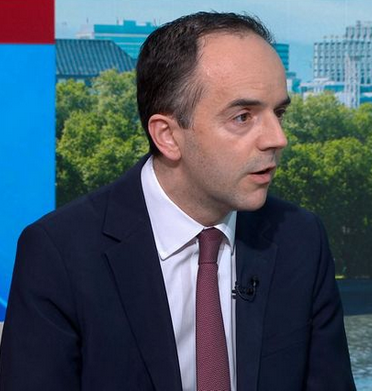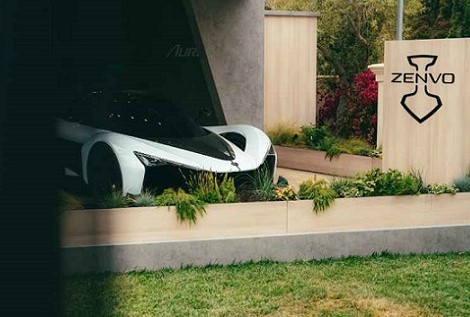The first of the UK’s Clean Air Zones, London’s Ultra-Low Emission Zone (ULEZ), comes into force across the capital on 8th April 2019. Similar regulations are also being planned for towns and cities across the UK to tackle what can often be illegally high levels of air pollution. But what does this mean for fleets and company cars?
Simon Staton, Client Management Director of Venson Automotive Solutions, said: “Contributing to 40,000 early deaths every year in the UK, air pollution is undoubtedly a crisis which must be tackled as quickly as possible. The difficulty for many fleet operators at this point is the lack of consistency and clarity: local authorities are working independently on their Clean Air Zone plans, each of which will have different launch dates, vehicle restrictions and charges. Even within London the rules are different across boroughs, with some introducing low emission streets, with penalty charge notices for non-compliance. Even for an experienced fleet manager, this lack of commonality is making preparation difficult.”
Once the ULEZ is launched in London, it is expected that other schemes will be introduced from January 2020, so companies have time to prepare. There is widespread agreement that most company cars will be exempt from Clean Air Zone charges, but some calculations suggest up to 80% of vans will not comply. Toby Poston, director of communications and external relations at the British Vehicle Rental and Leasing Association (BVRLA), believes the change brings “great opportunity for businesses to consider new, more sustainable vehicles or modes of transport” and BVRLA members such as Venson are well-placed to offer “affordable, compliant alternatives” to businesses affected by the new rules.
Simon Staton added: “Any business which owns company vans could be facing a hefty bill to replace them with compliant models or pay the daily rate for entering the Clean Air Zones. At a time when business confidence is low, few can afford to take this investment lightly. However, electric vehicles could offer long-term savings for many businesses. The Energy Saving Trust suggests that the new generation of plug-ins cost just £2-£3 to fully-charge for 100-mile range, compared to £9-£13 for a petrol or diesel. There are a number of pure electric and Plug-in Hybrid vehicles available on the market which will be exempt from the London Congestion Charge and will also be able to drive in clean air zones without paying any charges, making them the smarter, future-proof choice for businesses running fleets.”
Key details for fleets:
- ULEZ launches 8th April, covering a similar area to the Congestion charge zone
- ULEZ, and future Clean Air Zones, will be operational 24/7, 365 days a year
- Other schemes across the UK will begin from January 2020
- Most company cars will be compliant, but 80% of vans do not currently meet the forthcoming restrictions
- Generally, petrol cars registered after 2005 and diesel vans sold from September 2016 will be compliant
- A ULEZ vehicle compliance checker is available at:https://tfl.gov.uk/modes/driving/ultra-low-emission-zone/vrm-checker-ulez
- Charges for non-compliant vehicles are £12.50 per day for cars, vans and motorcycles, and £100 for commercial vehicles above 3.5 tonnes, including buses and coaches
- The London Congestion Charge (£11.50 per day) and Low Emission Zone Charge (£100 or £200 depending on vehicle) will still be applicable, in addition to the ULEZ charge
- Owners of non-compliant vehicles, who fail to pay the relevant charge, will be issued with a Penalty Charge Notice of £160 for cars, vans and motorcycles or £1,000 for commercial vehicles above 3.5 tonnes, including buses and coaches
- The ULEZ will be expanded from October 25, 2021 to the Inner London area bounded by the North and South Circular roads
- Electric and Plug-in Hybrid Electric vehicles will be exempt from charges in all Clean Air Zones, and grants are available to help businesses save when making the switch. More information atvenson.com/Media/ViewWhitePaper/23
















